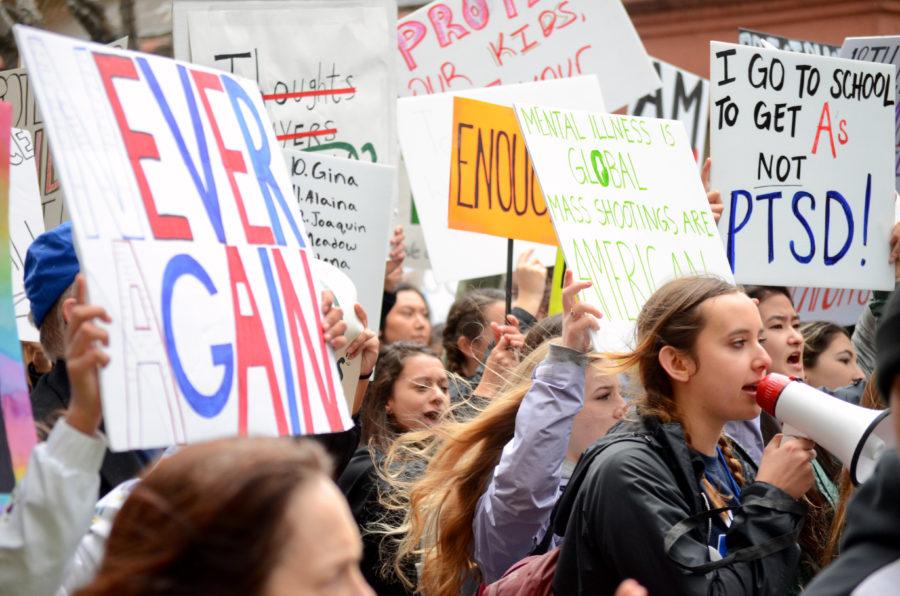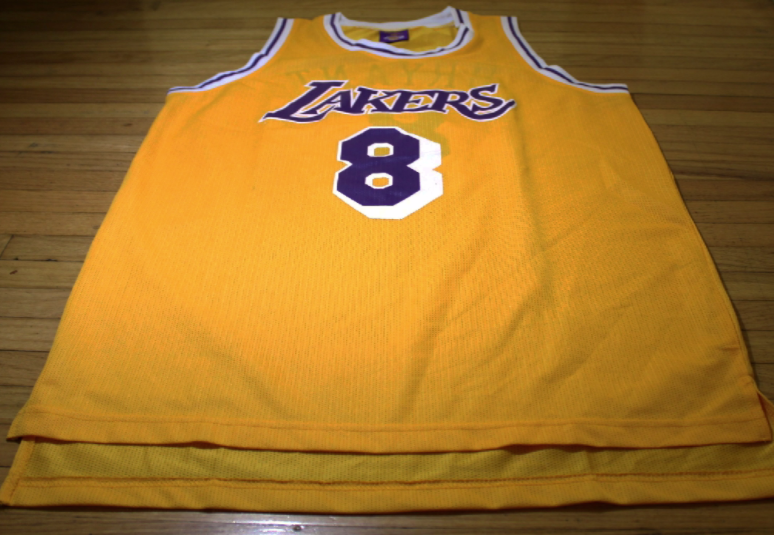Jackson Prince, co-editor-in-chief
According to the South Park episode titled “Jared has Aides”, a touchy subject cannot be joked about until exactly 22.3 years have passed since its relevance. The episode aired in March 2002 in response to society’s reaction to the AIDS crisis and the resultant, nearly universal cultural intolerance for making fun of the disease at that time.

Twelve and a half years later, two Saturday nights ago, Chris Rock performed a “controversial” opening monologue on Saturday Night Live, in which he touched upon such “verboten” subjects as New York’s new Freedom Tower, the 9/11 terrorist attacks, the Boston Marathon bombings and gun control laws. All over the Twittersphere, as well as through more traditional messaging, people expressed their shock, offense and even rage at the comedian’s courageous comments.
The viewing public, it seems, was expecting the actor/jokester to play it safe, like previous SNL hosts over the past years. There’s become a fairly bland new tradition, in which the guest host sings a usually poorly-written song about such non-intellectual, non-controversial topics as Nicki Minaj, the holidays and other vanilla targets. Instead, on this night, the public received a throwback to the old SNL. It was a monologue that was more Jon Stewart than Jon Hamm. It was a witty, intelligent, brave monologue from a comedian who chose to take a risk.
And many hated it.
Look. I understand the anxious (and even angry) reactions. These issues are sensitive. Many people will hold their personal experiences with these events, and the emotions related to the them, quite close to their hearts and foremost in their minds for the remainders of their lives. And these historically significant tragic events should not be blithely mocked or cruelly downplayed. They are serious subjects.
But Chris Rock didn’t discredit the importance of theses events, nor the gravity of their effect on the American public. He didn’t intend to reopen recently healed wounds or to offend those involved. The comedian was doing what great comics have done for as long as we remember: he was testing us, asking Americans to hear him, and to get past their initial shock brought on by the mere mention of these topics so that they might proceed to analyze the events, and the way they’ve affected so many of us, in a manner that allows context, rationality and, yes, humor.
Predictably, we failed. Too many of us took offense to the fact that Chris Rock included previously “taboo” issues in what had become a sanitized, ten-minute pablum on Saturday nights. We’d come to expect a light-hearted, anti-intellectual, easily palatable public moment, and when someone dared to introduce wit and relevance to it, we reacted over-sensitively.
We had to expect this reaction though, because society today is over-sensitive. An example that comes to mind is TSS, or “‘Too Soon’ Syndrome”. Today, everything is “too soon”. Natural disasters, celebrity deaths and famous scandals are off-limits for comedic analysis, for the most part. We can’t joke about the poor handling of Hurricane Katrina, the death of anyone in the past ten years or Roger Goodell’s indirect beatings of NFL players’ wives, without getting heat from the peanut gallery.
I’m not here to tell audiences that they shouldn’t be sensitive to subjects that demand such sensitivity. For all Americans, 9/11 will likely remain a solemn, somber day. The Boston Marathon bombings will be permanently etched in the city’s hearts and minds, and will not (and should not) lose the gravity that the tragedy had earned. School shootings will never be “funny”. Terrorist attacks, whether on our own soil or in foreign capitals, are tragedies that should never lose their impact on society.
But when an intelligent and articulate comic chooses to stand up in New York City in order to to use humor to stimulate intellectual discussion about 9/11, what’s the crime? What is it that makes this choice so offensive that comedians and commentators like Steven Colbert, Bill Maher and Chris Rock are accused of insensitivity and, indeed, a lack of patriotism?
Why did New York’s powerful politicos choose to build a huge skyscraper in the same place as the Twin Towers? What was it like for the Boston marathon runners who about to cross the finish line, completely spent after 26 miles of relentless slogging through the course, only to be told to “RUN!”? Is 9/11 going to become commercialized like every other memorable and important date in America? And is it possible that there are so many guns already in the hands of civilians, that the only way to ensure our individual protection is to own a gun ourselves?
There it is: a translated version of Chris Rock’s opening SNL monologue. Doesn’t sound so “offensive” when read on a news website, does it?
If society can’t handle a comedian bravely taking the stage to blend smart discourse with humor, then we’re just asking for more “Dumb and Dumber” humor.
Oh. We already did.
Categories:
How to be funny in an over-sensitive society
November 15, 2014
0
Donate to Highlights
$125
$1000
Contributed
Our Goal
Your donation will support the student journalists of Beverly Hills High School. Your contribution will allow us to purchase equipment and cover our annual website hosting costs.
More to Discover


































